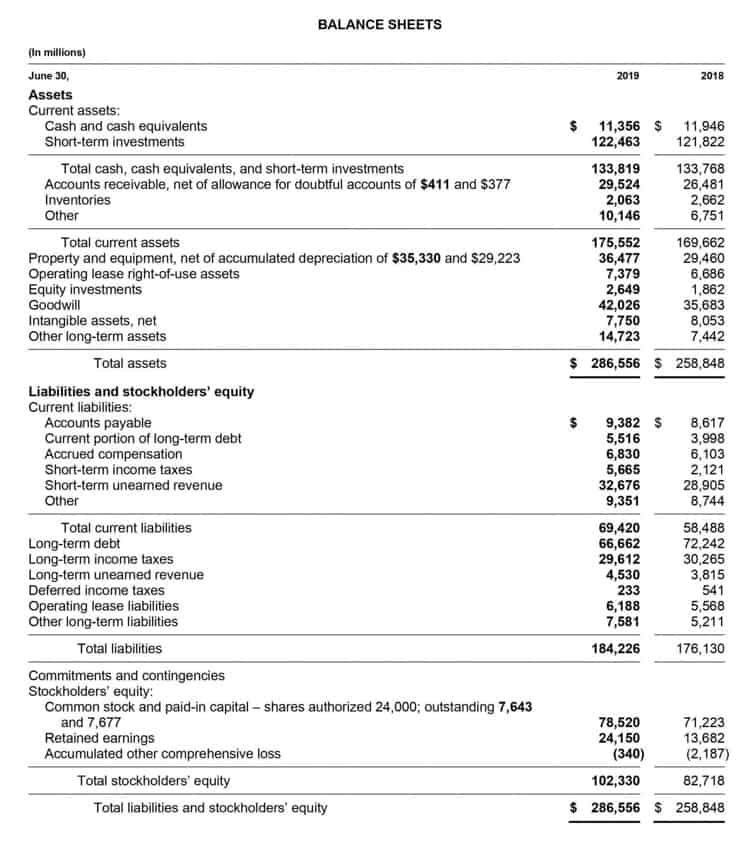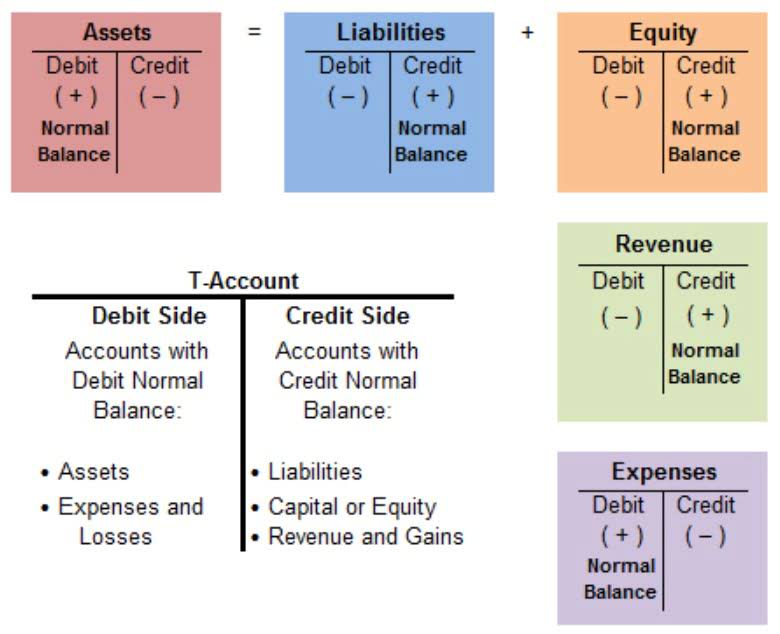
They prepare the business to handle an increase in demand in the most efficient way possible so they can turn an influx of customers into their new normal. Selecting the right strategies for your business and consistently evaluating your progress can result in sustainable growth and success. On the other hand, scaling a business refers to the process of increasing revenue and profits at an exponential rate without incurring significant additional costs. What’s the point of scaling a business if it doesn’t produce loyal customers? Creating raving fans of your product is critical to allowing your business to thrive amid the ebb and flow of ever-changing consumer preferences.
Implement the necessary technology to support your growth.
Make sure your inventory management system has the insights and functionality available to meet increasing customer demand. For example, imagine you run a local retail store and want to scale your small business by doubling your monthly revenue within the next year. Your goal could be to increase sales by 20% each quarter through a combination of expanding services, optimizing operations, and reaching new customers through targeted marketing campaigns. Alright, now we’ve answered the question of what is scaling in business, it’s time to get into the nitty-gritty details. You’re ready to enjoy the benefits of successful scaling, but where do you start?
Make sure you are using the right tools

I help you scale by optimizing and automating your operations and systems through simple, proven, and practical tools. Consider implementing a flat or matrix structure that encourages collaboration and empowers employees to take ownership of their work. This can foster a sense of autonomy and agility, allowing your team to respond quickly to new challenges and opportunities. To implement a CRM designed specifically to support small business and scale with you, check out Teamgate CRM today, or get started on a 14 day free trial. The best petty cash solution for small businesses is to form a business structure link an LLC, as it protects personal assets from business liabilities, also provides tax benefits. However, before registering knowing about state-specific requirements is recommended, as they vary.
- Poor coding practices can undermine scalability efforts even with the best tools and processes.
- These big thinkers often use the concepts of scaling a business and growing a business interchangeably, but in reality, they’re two completely distinct concepts.
- Scaling up means growing in a way that is both deliberate and sustainable.
- Regularly evaluate and optimize your quality control processes to ensure that your products or services meet customer expectations.
- During the mature business stage, companies typically experience slower growth as they reach their peak market penetration.
- Look at the vendor’s track record, financial stability, and their capacity to scale alongside your business.
When is the Right Time to Scale Your Small Business?
Pricing your services globally has a big impact on potential growth. Despite the disparities, the team overcame this challenge and acquired $30 million then $50 million in VC backing. However, the real challenge came when Pipedrive’s team had to sell products in new global markets.
Build your brand
- Hiring others to help with things like marketing, accounting, customer service, etc. can free up your time so you can focus on running the business.
- Investing in the right tools can automate processes, streamline workflows, and save you time and money.
- Create compelling and relevant content that highlights the value proposition of your products or services and engages your target audience, and experiment to see what outlet works best.
- In this article, we will explore the importance of scaling in small business growth and provide a step-by-step guide on how to successfully scale your small business.
- You can also leverage business process improvement consulting for additional help.
Experience is the best teacher, but a mentor can help you shortcut the learning process. Just be sure to find someone who has been through the scaling process and pick their brain for tips and advice. This probably sounds a little fluffy, but finding a mentor can be super helpful, especially when you’re first starting out.
Growth typically involves adding more resources—such as employees, equipment, or physical space – to accommodate an increase in demand. This can be effective in the short term but often leads to diminishing returns as you hit a ceiling on how much you can expand without significantly increasing costs. Scaling isn’t just about how to scale a business quickly growth; it’s about strategic expansion that sets the stage for long-term success. You must show your team that you trust their insights and decisions. When employees feel appreciated and trusted, they’ll know they’re in the right place to pursue a long-term career plan, which better positions your business for future growth. A comprehensive understanding of big data and its usage can help you avoid losses and make better decisions for your business scaling and growth.

You can research and attend industry events, conferences, or seminars to connect with other professionals and potential network members. Use online platforms, like LinkedIn or industry-specific forums, to engage in discussions, share insights, and build connections with like-minded professionals. Actively participating in networking activities, professional associations, workshops, https://www.bookstime.com/tax-rates/florida or local business events can help you establish rapport and credibility within the business community. Join 250,000+ small business owners who built business credit history with Nav Prime — without the big bank barriers. Katie says Pantee doesn’t see their relationship with customers as purely transactional—they’re a community.

Obtain financing for scaling up business
Scaling your business presents exciting opportunities, but you need to lay the necessary groundwork first. Though around 70% of startups struggle with premature scaling, recognizing the right indicators can set you on the right path. Rippling lets you offload critical admin work for payroll, benefits, compliance, IT, and finance, helping your startup grow fast and stay lean. While “scaling” and “growing” are related concepts—and often used interchangeably—they’re two different ideas.

